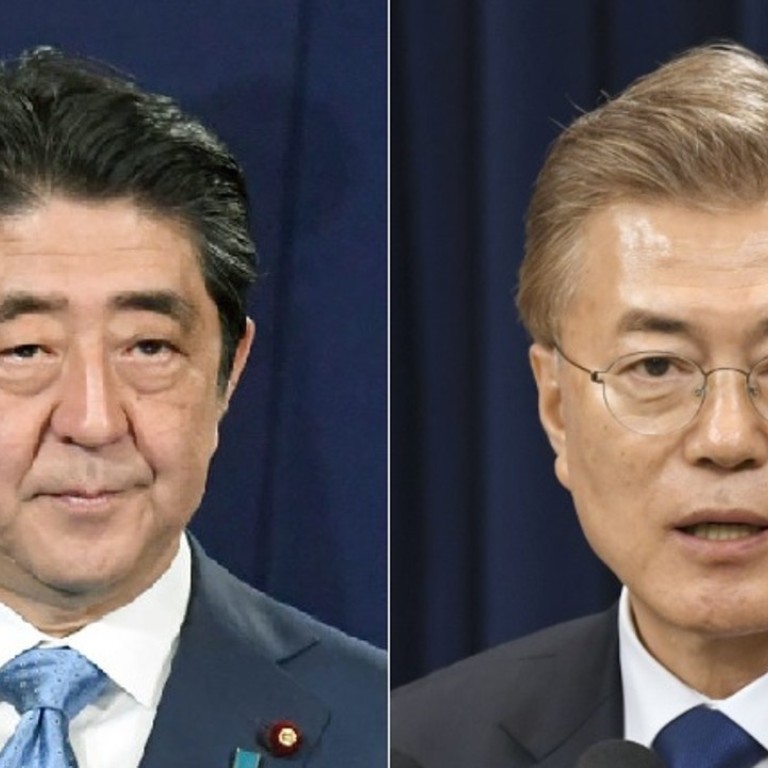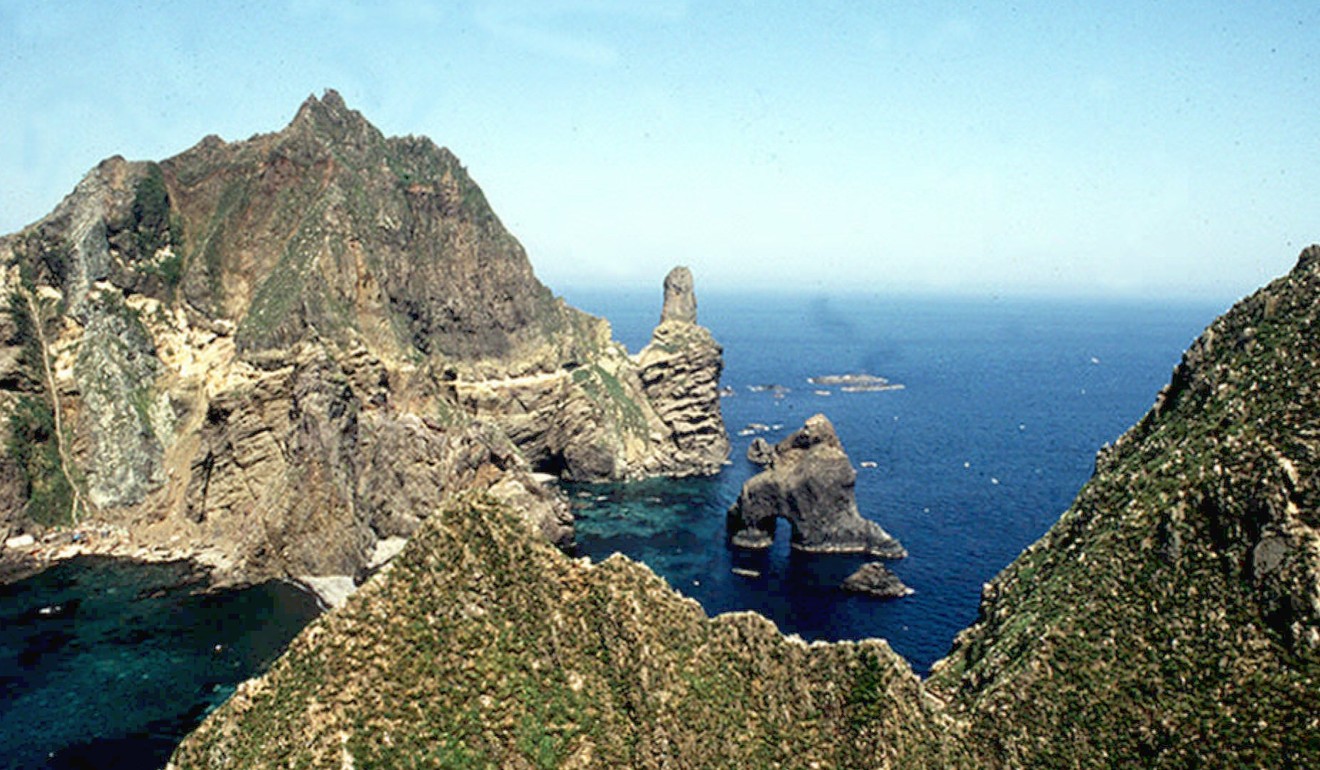
UN maritime tribunal elects South Korean as president, triggering concerns in Japan over disputed sea
Both nations have been at loggerheads over the stretch of water that divides them for years
The appointment of a South Korean legal expert to the United Nations tribunal that oversees maritime disputes has caused concern in Japan over whether he will use the position to push Seoul’s agenda on a long-contested stretch of water between the two nations.
Paik Jin-hyun was on Monday elected as president of The International Tribunal for the Law of the Sea (ITLOS), which handles global maritime issues under the UN Convention on the Law of the Sea, for a period of three years.
South Korea and Japan have been at loggerheads over the sea that divides them for years. On most maps, the area is marked as the Sea of Japan, but Seoul has waged an increasingly effective diplomatic campaign to have it known as the East Sea.

“This is a very worrying development,” said Yoichi Shimada, a professor of international relations at Fukui Prefectural University.
“Both the South Korean government and civilian activists have been very vocal about the issue of changing the name of the Japan Sea and we, the Japanese government, should be concerned,” he said.
“I can see South Korean diplomats around the world using the fact that a UN panel is discussing changing the name to undermine the existing and legally recognised name.”
South Koreans living overseas have already convinced local education authorities to do just that, Shimada said, pointing to the decision in 2014 by the US state of Virginia to require all text books carry both names.
A statement on the website of South Korea’s Ministry of Culture, Sports and Tourism says the term East Sea has been in use for more than 2,000 years.
“Japan insists on the use of the name ‘Sea of Japan’ based on the decision by the International Hydrographic Conference in 1929,” it said.
“But South Korea has never agreed to this,” it added. “At the time of the IHC meeting, Korea could not attend nor be properly represented because it remained under Japanese colonial rule (1910-1945).”
Citing the International Hydrographic Organisation and Unesco, Seoul argues that when a topographical feature is shared with two or more countries but named differently, all of the names should be marked.
But Japan says South and North Korea only contested the name of the sea at the Sixth United Nations Conference on the Standardisation of Geographical Names in 1992 and claims the term Sea of Japan was already in widespread use during the Edo period, well before Japan’s colonial rule over Korea.
“The Sea of Japan is the only internationally established name, a fact for which there is no room for debate,” the Foreign Ministry in Tokyo says on its website.
“Japan emphatically refutes the assertions of the Republic of Korea and North Korea made at the UNCSGN, IHO and other international conferences.”
Shimada is also concerned that Paik will side with China in another major maritime dispute that Japan is embroiled in with its neighbours.
For a decade, Japan has been developing the remote atoll of Okinotorishima – some 1,740km south of Tokyo – and has claimed the island can support human habitation, and could therefore be used to extend Japan’s exclusive economic zone into the Pacific Ocean.
China and South Korea have both previously claimed the two islands – which cover a total of just 9 sq km – are only rocks surrounded by a reef that are only above the surface of the water because they have been built up.
“The claims against Okinotorishima are being most aggressively pursued by China, but I would suggest that China is intentionally trying to use South Korea to further its claim,” Shimada said. “Beijing wants to attack Japan and drive a wedge between Tokyo and its allies, and it is using South Korea as a pawn to do that.”

